Plastic-eating Microbes Could Be Our Path To A Cleaner Planet
[ Story ]
Article
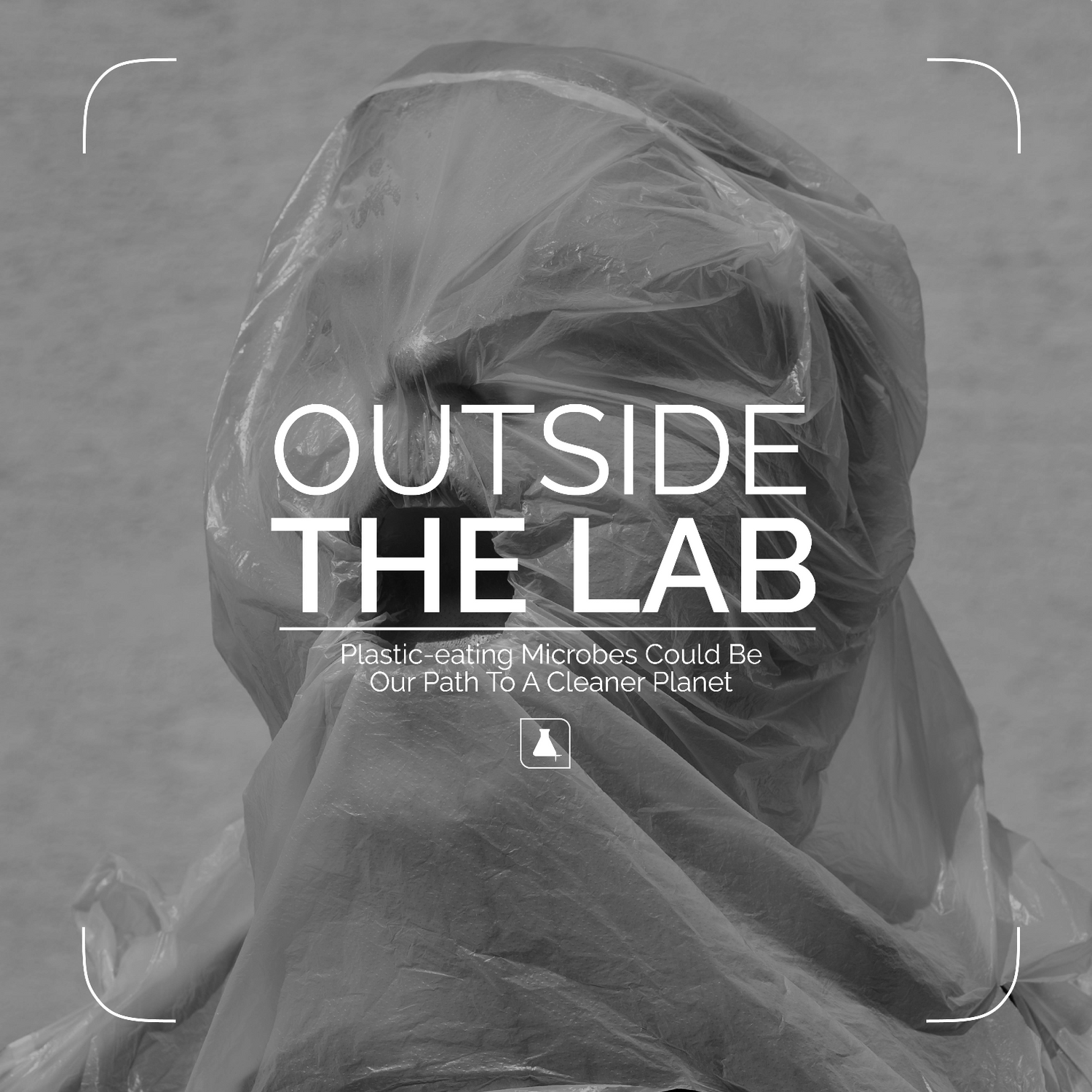
When plastics were invented in the 20th century, it revolutionised manufacturing. Suddenly, a durable, moldable and, most crucially, an inexpensive material was widely available, adaptable for use in nearly all aspects of our lives. If we knew then what we know now, we might have strategised from the very start to safeguard our world from the very simple fact that plastic cannot degrade. It can be recycled, it can be burned; but neither of those methods do much to assuage us from plastic’s omnipresent feature in our world.
Today, plastics account for around 85% of all marine waste (with massive ‘trash islands’ floating around the oceans) and the average person reportedly consumes 70,000 units of microplastics a year, simply by virtue of our interaction with plastics in packaging, plastic-packaged food, water, and even airborne microplastic particles. Microplastics have been detected in drinking water, salt, and even in the air we breathe.
Today, plastics account for around 85% of all marine waste (with massive ‘trash islands’ floating around the oceans) and the average person reportedly consumes 70,000 units of microplastics a year, simply by virtue of our interaction with plastics in packaging, plastic-packaged food, water, and even airborne microplastic particles. Microplastics have been detected in drinking water, salt, and even in the air we breathe.
Simply put, plastic is perhaps our biggest problem to human, animal, plant and planetary health— and it's even harrowing to consider that around 50% of all plastics ever made were only created in the last 15 years. So, even with the knowledge of plastic harm to our world, there appears to be no slowing down to both our need and desire for plastic’s convenience.
We need a miracle, and it appears scientists might have actually found it. As you’ll know, we’re big supporters of nature’s most minute microorganisms (our care solutions harness the power of biotechnologically derived microbes) and magical, microscopic beings like bacteria and fungi might hold the key to solving the plastic crisis. Scientists have discovered that certain bacteria and fungi have shown promise in breaking down plastics in a fraction of that time, and these microscopic life forms could potentially revolutionise waste management and offer a natural, sustainable way to reduce plastic waste — and we can’t think of a cooler way to guide our future than with our tiniest companions in the natural world leading the charge.
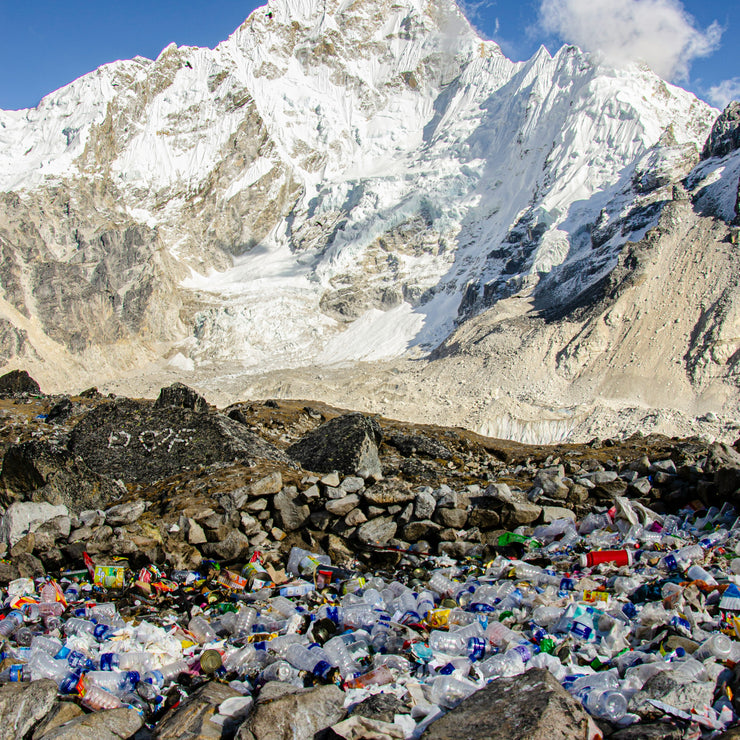
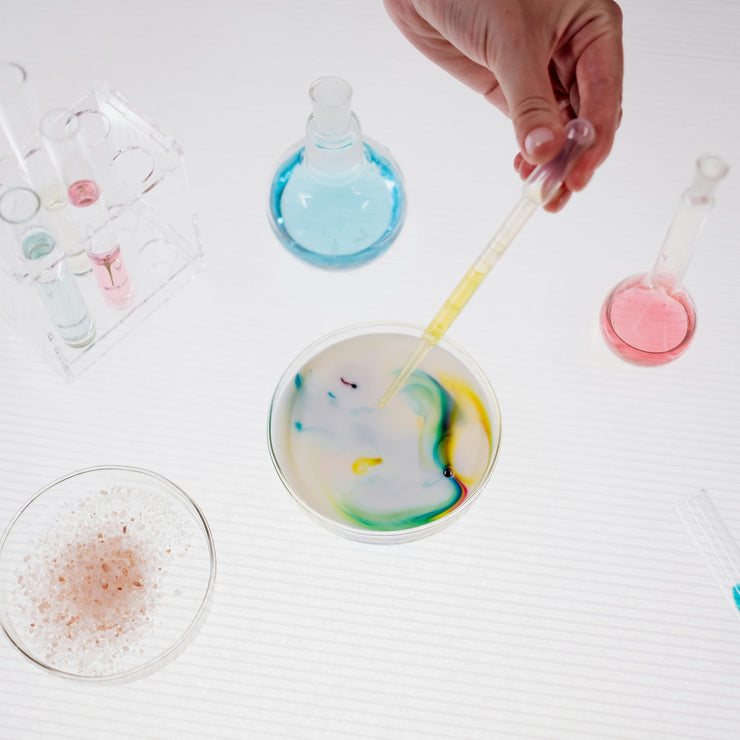
We’ll start with the single-celled bacterial wonders – first up, and the most recent discovery, Ideonella sakaiensis is a bacterium that was first discovered in 2016 by a team of Japanese scientists led by Dr. Kenji Miyamoto at a recycling plant in Sakai, Japan. This bacterium was identified for its unique ability to break down polyethylene terephthalate (PET), the most commonly used plastic in bottles and textiles. The bacterium achieves this by secreting two enzymes: PETase, which breaks down the plastic polymers, and MHETase, which further digests the byproducts into simple, harmless molecules.
Then, Pseudomonas aeruginosa has been studied for its diverse metabolic capabilities for many years, with its ability to degrade plastics first observed in the 1990s. Commonly found in soil and water, this bacterium is known for its versatility in degrading a variety of environmental pollutants, including plastic waste and since researchers have increasingly focused on its potential for plastic biodegradation, it has proven a promisingly adaptable in specific environments where it could help break down plastics in soil or aquatic systems – the latter being a potential game changer if it can perform its degradation process in the ocean.
Then, Pseudomonas aeruginosa has been studied for its diverse metabolic capabilities for many years, with its ability to degrade plastics first observed in the 1990s. Commonly found in soil and water, this bacterium is known for its versatility in degrading a variety of environmental pollutants, including plastic waste and since researchers have increasingly focused on its potential for plastic biodegradation, it has proven a promisingly adaptable in specific environments where it could help break down plastics in soil or aquatic systems – the latter being a potential game changer if it can perform its degradation process in the ocean.
Then, there’s Bacillus megaterium, which we’ve known about since it was first isolated in 1899, but its ability to degrade plastics has only been explored more in recent studies. This bacterium has shown promise in plastic degradation, especially when exposed to light and oxygen, which are important factors for its biodegradation process. As more research is conducted, its potential role in plastic waste management is becoming increasingly recognised.
Lastly, and not least, Rhodococcus ruber has been studied since the 1980s for its biodegradation capabilities. Known to break down a variety of plastics, including PET, it is adaptable enough to survive in both soil and marine environments, which makes it a promising candidate for plastic cleanup efforts. Its resilience in diverse conditions has spurred further research into how it could be used in different plastic degradation applications.
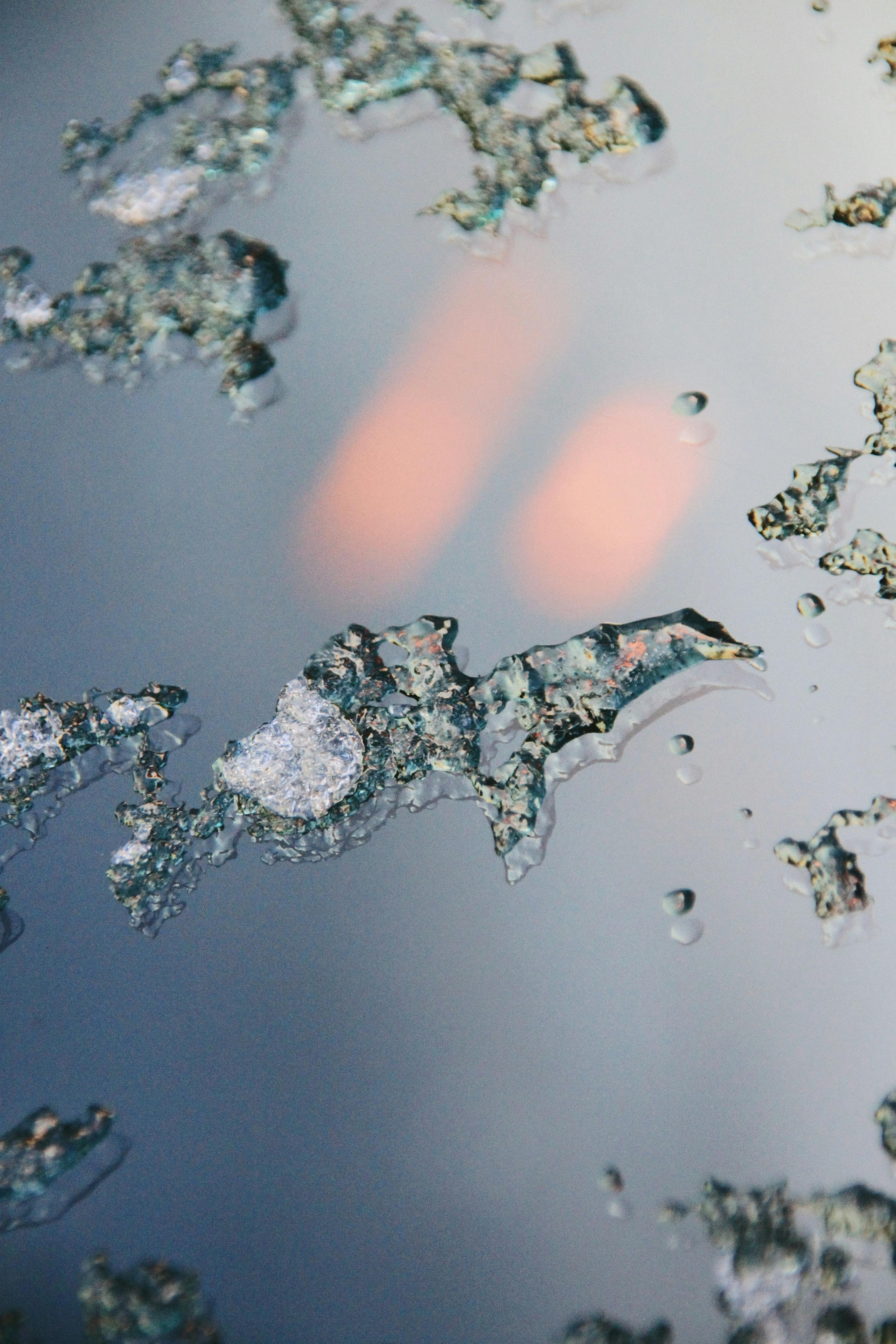
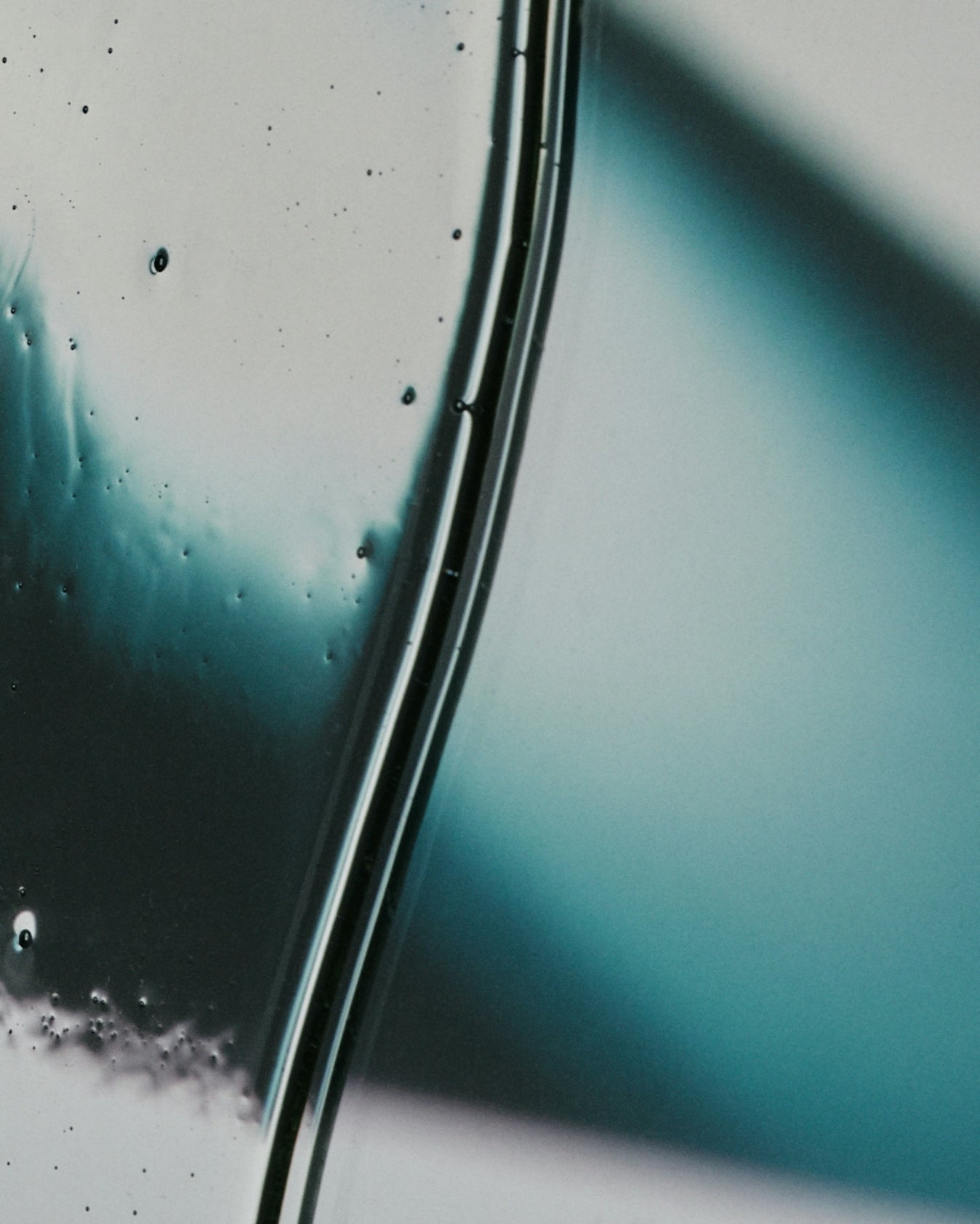
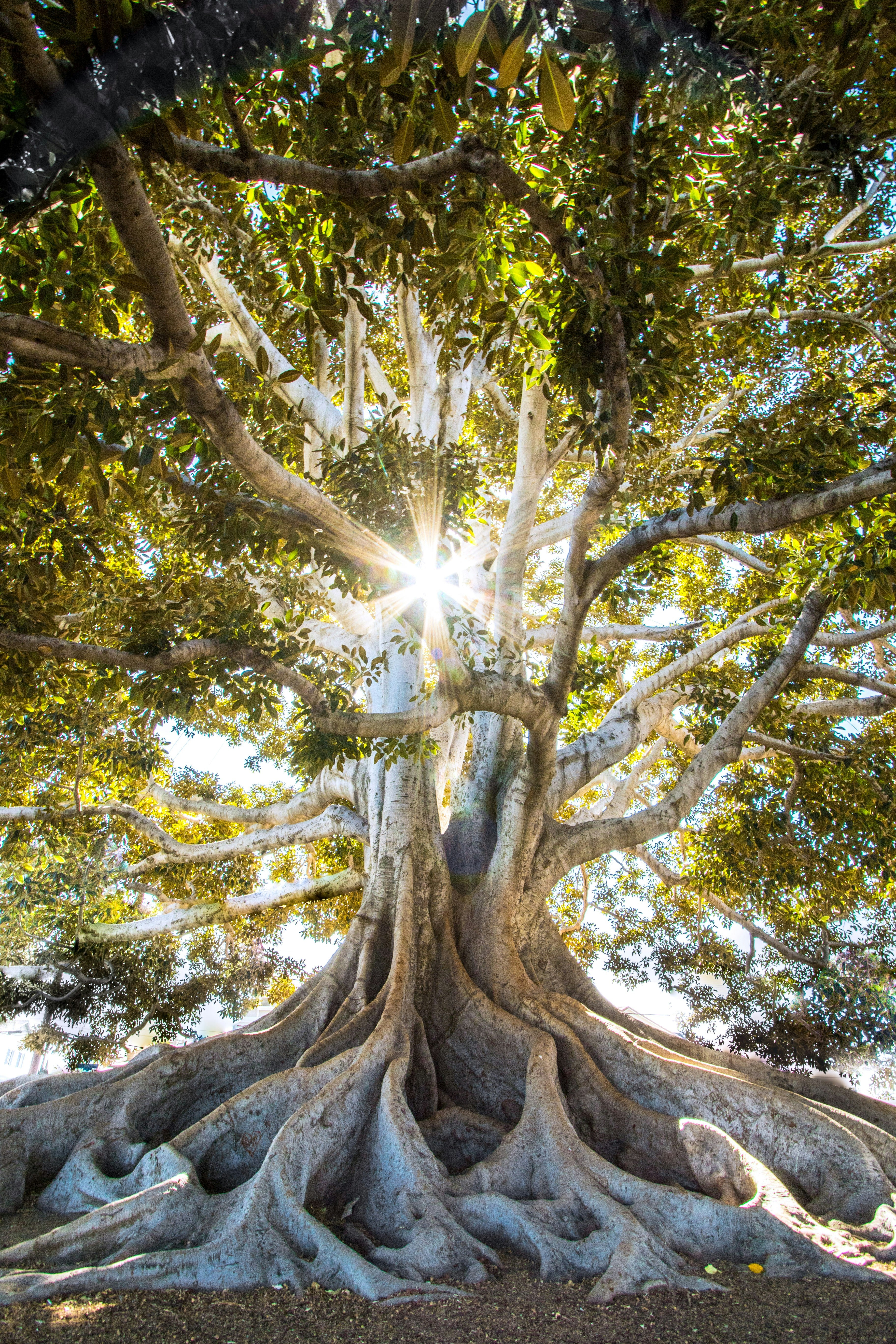
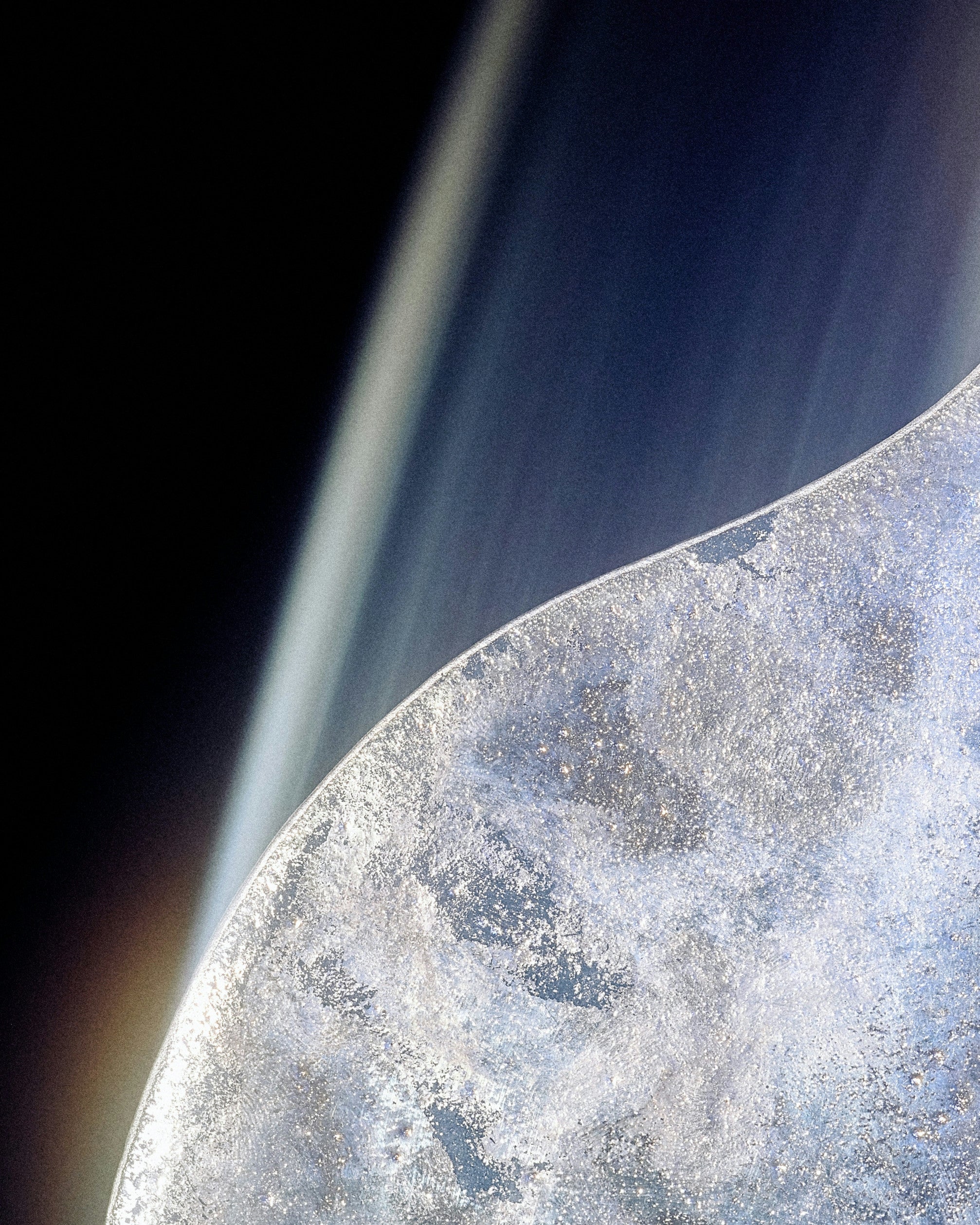
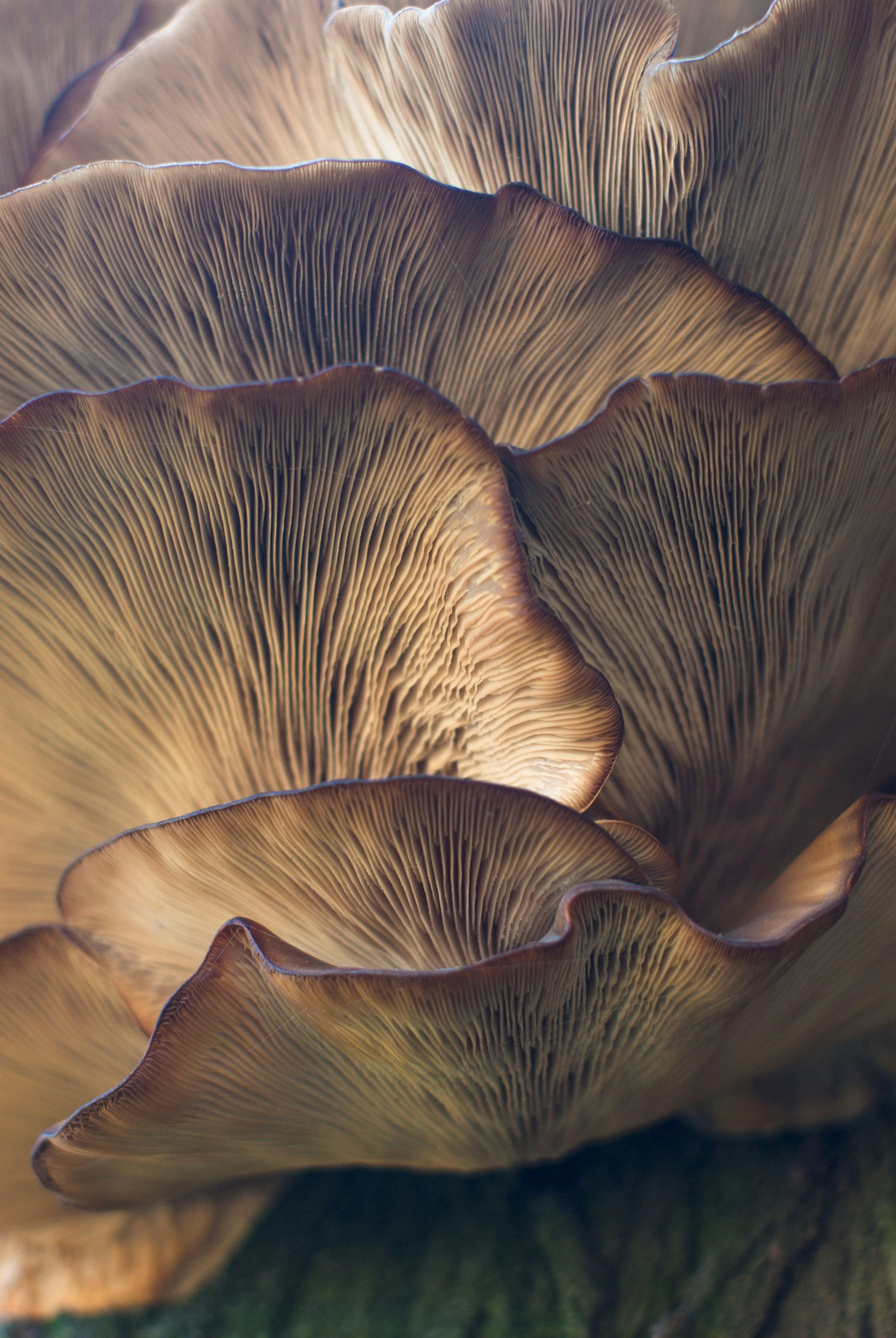
some of our biggest heroes for a healthier planet might just be the very smallest.
Onto our mycelium allies, there are certain fungi species, such as Aspergillus niger and Penicillium chrysogenum, which have been known to have a natural ability to decompose organic materials in soil for centuries. Over the past few decades, researchers have begun to explore their potential for degrading plastics, as these fungi are specifically equipped with enzymes that can break down the long-chain polymers in plastics, making them a potential candidate for breaking down plastic waste.
The magic behind these microorganisms lies in their enzymes, which are the biological catalysts that speed up chemical reactions. The PETase enzyme, for example, works by breaking down the bonds in PET plastic, turning complex polymers into smaller, simpler molecules that the bacteria can digest. In laboratory settings, Ideonella sakaiensis has been observed to degrade PET in a matter of weeks, a remarkable feat compared to the hundreds of years it would otherwise take. Other bacteria and fungi work similarly, producing enzymes that target and decompose plastic polymers.
While these findings are promising, several factors affect the efficiency of plastic degradation, including temperature, plastic type, and environmental conditions. For these microorganisms to effectively break down plastics on a large scale, they often require specific conditions, such as optimal temperatures, nutrient levels, and exposure to light. While this is complicated, we also live in a time in which each day is more scientifically advanced than the one before, and recent research has revealed incredibly exciting possibilities for these microorganisms. Scientists have been able to improve the efficiency of PETase through genetic engineering, which allows for the focused enhancement of its plastic-degrading capabilities. In controlled environments, these modified enzymes have demonstrated accelerated degradation rates, sparking hope that we could see these organisms scaled for industrial applications.
The magic behind these microorganisms lies in their enzymes, which are the biological catalysts that speed up chemical reactions. The PETase enzyme, for example, works by breaking down the bonds in PET plastic, turning complex polymers into smaller, simpler molecules that the bacteria can digest. In laboratory settings, Ideonella sakaiensis has been observed to degrade PET in a matter of weeks, a remarkable feat compared to the hundreds of years it would otherwise take. Other bacteria and fungi work similarly, producing enzymes that target and decompose plastic polymers.
While these findings are promising, several factors affect the efficiency of plastic degradation, including temperature, plastic type, and environmental conditions. For these microorganisms to effectively break down plastics on a large scale, they often require specific conditions, such as optimal temperatures, nutrient levels, and exposure to light. While this is complicated, we also live in a time in which each day is more scientifically advanced than the one before, and recent research has revealed incredibly exciting possibilities for these microorganisms. Scientists have been able to improve the efficiency of PETase through genetic engineering, which allows for the focused enhancement of its plastic-degrading capabilities. In controlled environments, these modified enzymes have demonstrated accelerated degradation rates, sparking hope that we could see these organisms scaled for industrial applications.
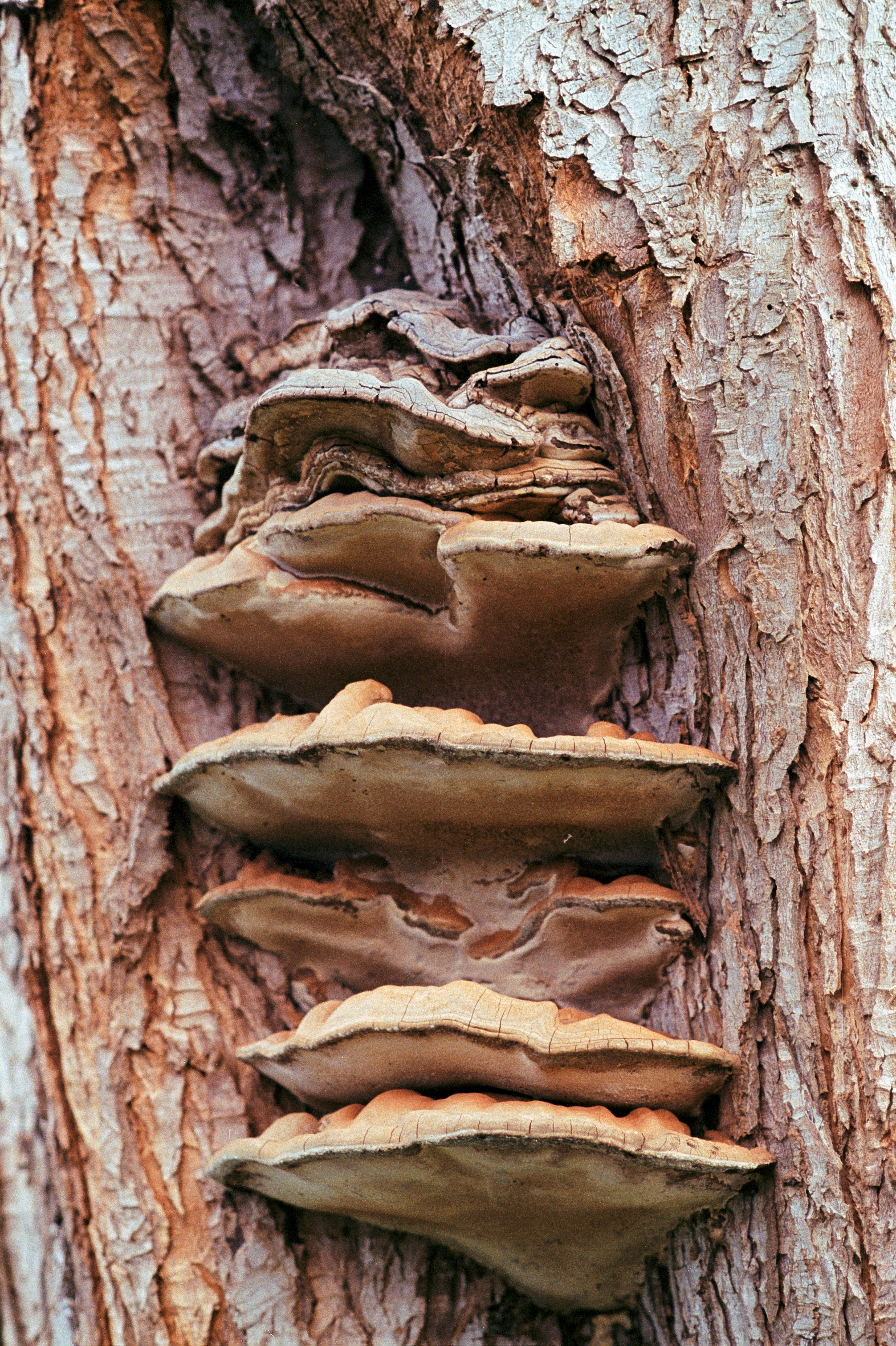
Here’s to a microbial
-led future.
First and foremost, researchers need to find ways to ensure that these organisms can survive and work effectively outside of lab conditions, and integrating genetically modified bacteria into real-world waste management systems raises ethical and environmental concerns, potentially inviting the risk of unintended ecological impacts. As research advances, scientists are exploring biotechnology innovations to improve the functionality and durability of these microorganisms and genetic engineering offers promising avenues for modifying enzymes to degrade plastics faster and in harsher conditions.
While we are still in the early stages of understanding and harnessing the plastic-degrading potential of these microorganisms, the findings so far are inspiring.Nature has given us an unexpected tool to help combat the plastic waste crisis, and with further research, this solution could become an integral part of sustainable waste management systems.
We’re going to need all the bio-technological innovations that we can muster, and at Sneaker LAB – we’re all about it. While our bio-tech care solutions are in no way going to degrade or consume any plastic near you, we share in the sentiment that some of our biggest heroes for a healthier planet might just be the very smallest.
We know that microorganisms alone cannot solve the plastic problem, and our individual and collective responsibility remains paramount in reducing plastic consumption, while continuing increasing our recycling efforts, and making a full-scale transition to more sustainable materials will remain essential parts of the equation; we remain hopeful that with nature’s help, science’s innovations, and our own commitment — we might actually be able to clean our planet.
For real.
While we are still in the early stages of understanding and harnessing the plastic-degrading potential of these microorganisms, the findings so far are inspiring.Nature has given us an unexpected tool to help combat the plastic waste crisis, and with further research, this solution could become an integral part of sustainable waste management systems.
We’re going to need all the bio-technological innovations that we can muster, and at Sneaker LAB – we’re all about it. While our bio-tech care solutions are in no way going to degrade or consume any plastic near you, we share in the sentiment that some of our biggest heroes for a healthier planet might just be the very smallest.
We know that microorganisms alone cannot solve the plastic problem, and our individual and collective responsibility remains paramount in reducing plastic consumption, while continuing increasing our recycling efforts, and making a full-scale transition to more sustainable materials will remain essential parts of the equation; we remain hopeful that with nature’s help, science’s innovations, and our own commitment — we might actually be able to clean our planet.
For real.
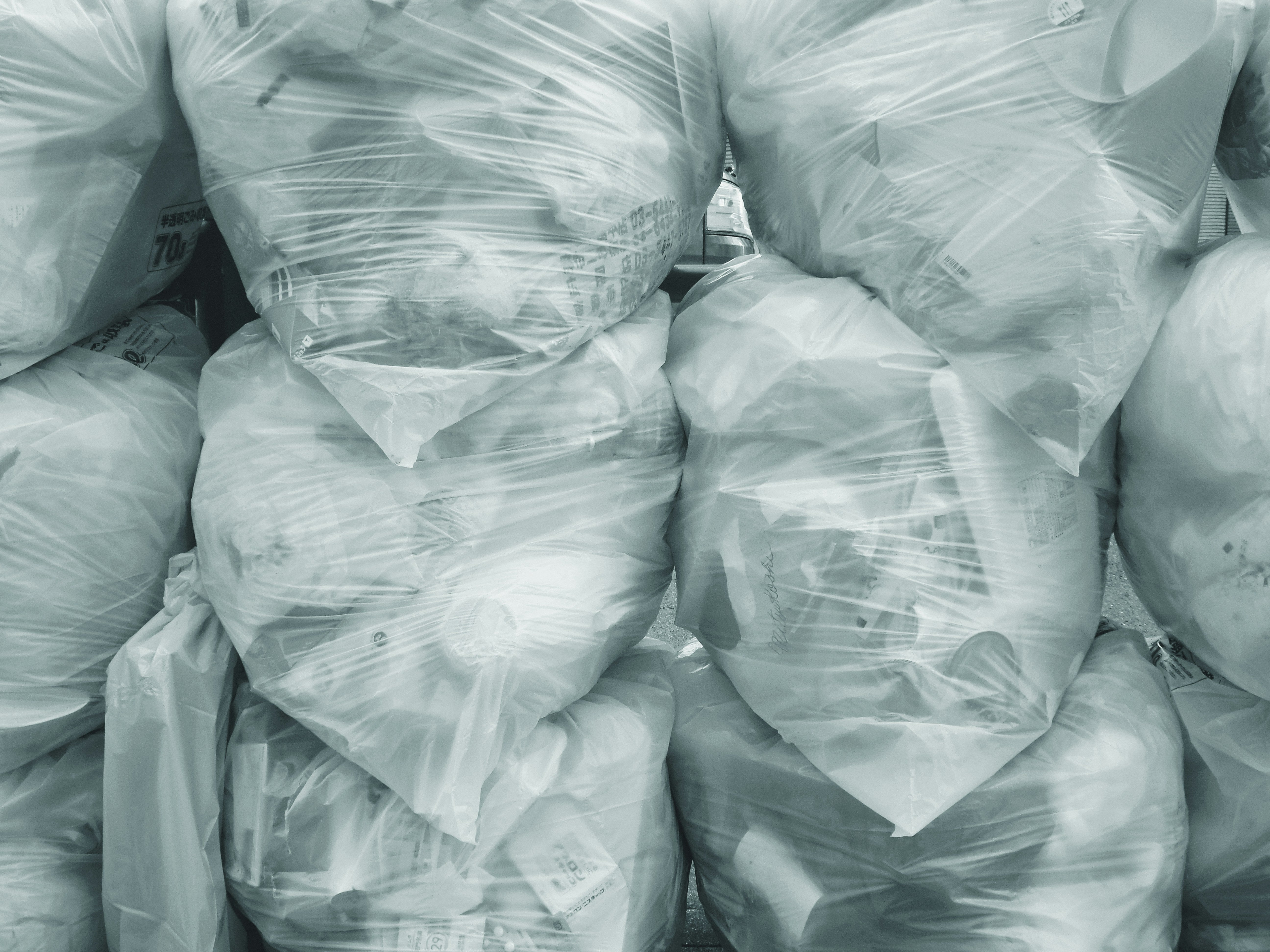
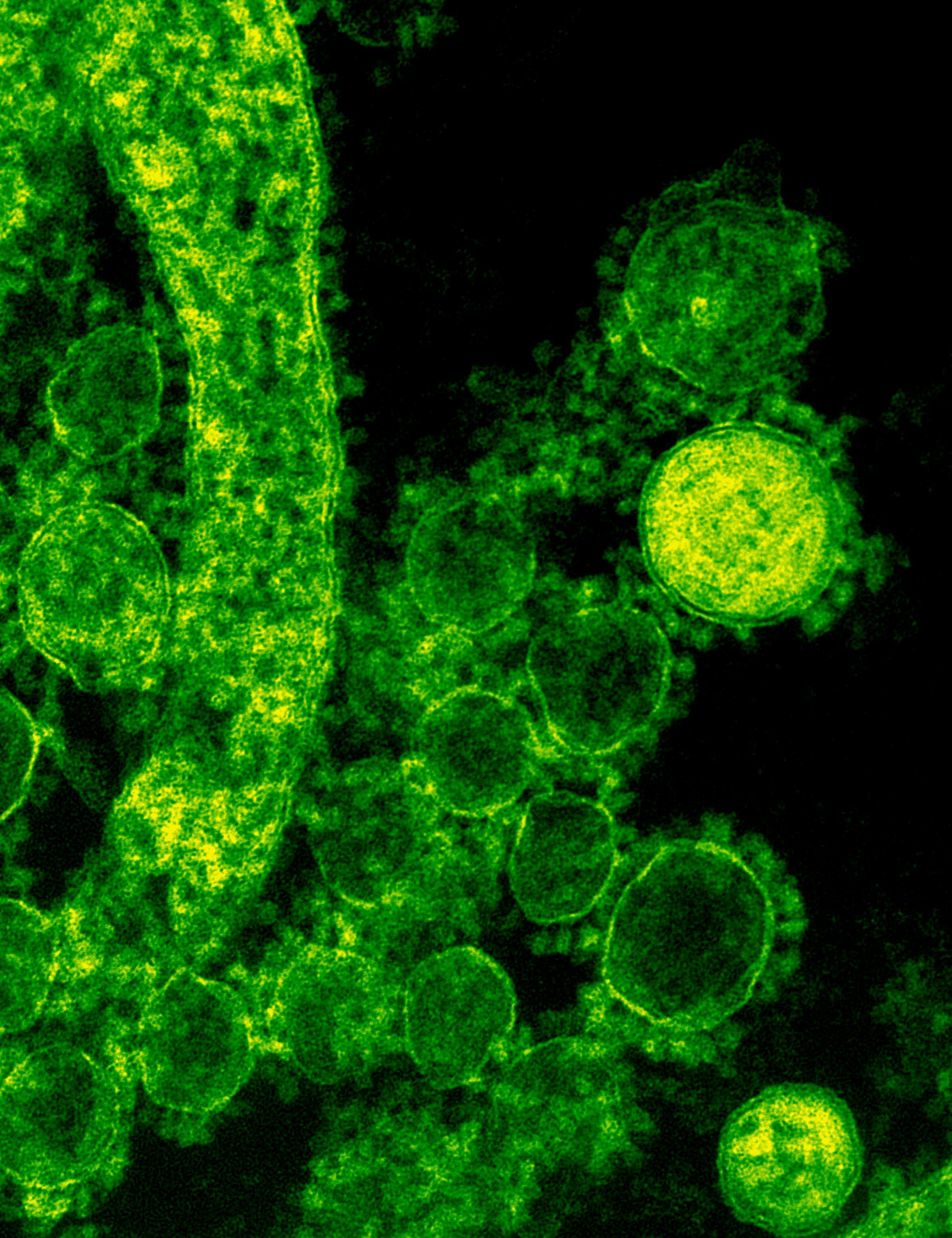
[ Follow ]



